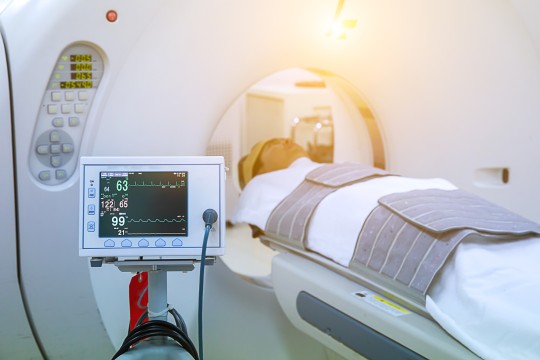China is facing a growing cancer burden among its elderly population, now accounting for 60.7 percent of all new cancer diagnoses, as more than 20 percent of the population is aged 60 or above and demographic projections foresee this rising to 30 percent by 2035. In response, the government has launched a comprehensive national initiative combining early detection, public education, evidence-based treatment, and traditional Chinese medicine (TCM) to improve outcomes and enhance quality of life.
National Cancer Awareness Week & Public Education
The Ministry of Health recently initiated a week-long national campaign focused on promoting cancer awareness among seniors. Experts emphasize the importance of early detection, correcting misconceptions about treatment, and reinforcing the principle that age alone should never determine care decisions.
Education campaigns aim to debunk myths that deter older adults from seeking care for instance, that surgery or chemotherapy is too taxing for them or that folk remedies are sufficient alternatives.
Enhanced Screening for Seniors
China’s National Health Commission has mandated enhanced screening protocols for adults aged 65 and over, with more frequent testing for high-risk groups. Local pilot programmes are already in progress:
- Jiangsu Province (Yancheng): Residents aged 60–69 receive free testing for 12 tumour markers.
- Heilongjiang Province (Daqing): Citizens aged 45–74 can access free screening for five major cancers—lung, breast, liver, upper gastrointestinal, and colorectal.
These initiatives are designed to detect cancers early, allowing for timely and potentially curative interventions.
Common Cancers Among Seniors
Among older adults, the most prevalent cancers are lung and gastrointestinal, accounting for roughly 65 percent of malignant tumours, followed by liver, lymphoma, prostate, and various blood cancers. The rising cancer rates reflect cumulative genetic mutations, age-related immune decline, and prolonged exposure to environmental toxins.
The Power of Early Detection
Medical authorities consider early screening the most effective tool in reducing cancer mortality. Early intervention is associated with significantly higher survival rates, fewer treatment complications, and lower overall costs. This strategy aligns with global best practices and leverages China’s growing network of healthcare infrastructure.
Role of Traditional Chinese Medicine (TCM)
China is integrating TCM into cancer care to improve patient comfort and outcomes:
- Acupuncture and acupoint patches are used during chemotherapy to alleviate nausea, loss of appetite, and constipation.
- Herbal baths and steam therapy help ease skin irritation, mouth ulcers, and other side effects from radiation therapy.
- Tai chi, qigong, and baduanjin exercises are recommended to enhance physical strength, mental well-being, and immune resilience among older patients.
Clinical experience indicates these complementary therapies improve tolerance to treatment and enhance overall quality of life.
Personalized, Age-Appropriate Treatment
Specialists stress that elderly cancer care must be customized. Traditional protocols for younger patients may not suit older individuals. Effective senior cancer management requires balancing medical needs, physical fitness, and emotional readiness.
Doctors advocate for holistic treatment plans that combine modern diagnostics and therapies with supportive TCM practices and aligned lifestyle adjustments.
Looking Ahead: Health for an Ageing Nation
China’s integrated cancer strategy spanning public education, free screening, clinical best practices, and complementary medicine is designed to ensure older adults receive dignified, effective treatment. With demographic pressures set to increase, these measures are vital to reducing cancer burden and delivering health for all, especially for those in the later stages of life.
By combining state-led screening programmes, personalized care, and cultural traditions like TCM, China is setting a new standard in elderly oncology helping more seniors survive, thrive, and remain engaged in vibrant, meaningful lives.



Comments (0)
No comments yet. Be the first to comment!
Leave a Comment